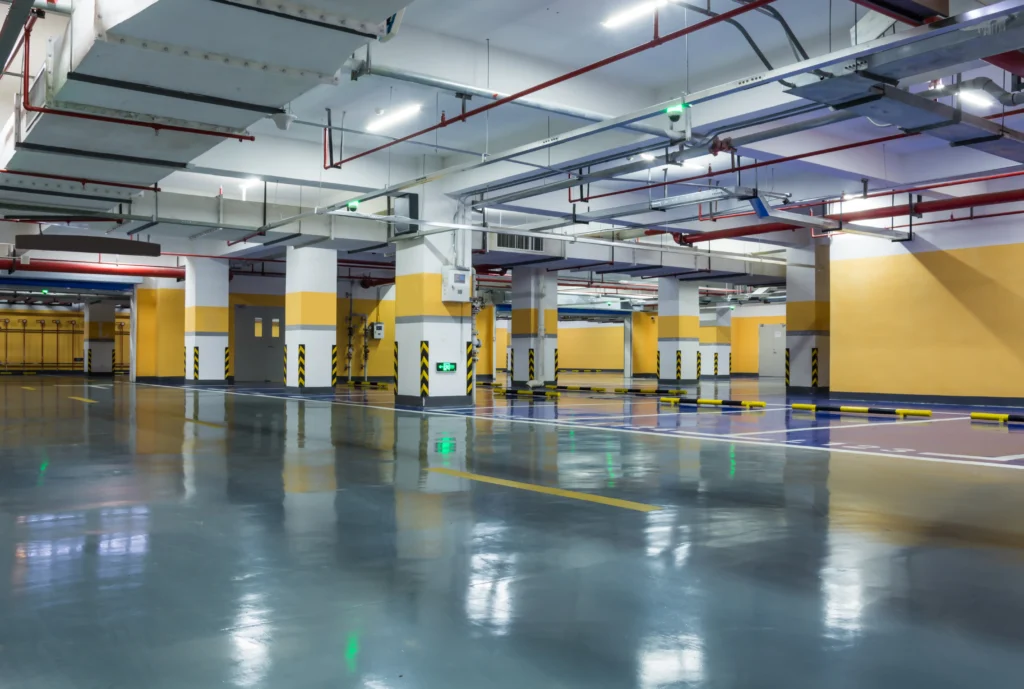Why is a separate bank account essential under RERA?
Author: Guest contribution from a reputed Chartered Accountant.
Introduction:
One of the requirements of RERA, Real Estate (Regulation and Development) Act, 2016, mandates every promoter / builder open a separate bank account under RERA. The act demands that every real estate project registered under RERA to open a project specific bank account; Section 4(2)(1)D of the RERA act specifies a minimum of 70% of the funds collected from homebuyers be deposited in this account to be exclusively used for that specific project.
The sole purpose of this requirement is to aid developers / builders in focusing on completing a project and successfully delivering to their commitments to homebuyers and customers. Alternative views suggest developers to be committed to the real estate sector and see this as a path to grow & establish themselves as trusted brands in the realty sector.
RERA account is a financial integrity commitment
It is a way for builders / promoters to indicate to homebuyers or customers that the project funds are utilized for the development of a specific project they have invested in. Thus, publicly declaring and establishing transparency in a way to ensure on-time delivery of a project. As a developer / promoter, the benefits are:
- An internal control to track costs, expenses, project goals and progress
- Reduces risks from financial mismanagement and the burden thereof
- Disclosure of fund utilization is a sign of financial discipline, governance and commitment to deliver
- Moreover, helps build a consistent reputation of ethical business practice
Simplified financial reporting and auditing
Thanks to the mandate, all project related sales deposits and expenses are available in a single bank account. Developers / promoters don’t have to juggle through different accounts to report earnings and expenses.
- Clear transaction visibility from a single account simplifies the process of creating financial reports for all stakeholders including RERA authority, management committees and investors
- Reduced scope of audit – auditing becomes a breeze with your auditors having to focus on a dedicated RERA account to factor project related expenses
- Compliance preparation – Having a project dedicated account that makes available all project related transactional data reduces the time to assess, compile and present financial reports. Thus enabling you to prepare your quarterly updates in time
Strengthens credibility with banks and investors
No true real estate developer / promoter is in for a one-off deal. All developers who are in for the long haul need to establish themselves as serious and credible real estate operators. All developers are evaluated based on successful delivery which becomes crucial to build trust with bankers and investors alike for future projects. Hence, promoters / developers need to constantly establish credibility to pursue prospects and grow their business.
- Compliant and structured financial procedures help developers attract future lenders and investors with confidence
- With better cash management, financial institutions see the developer / promoter’s as better risk profile
- Gain easy access to funding, better lending rates and stronger investor confidence
Conclusion
RERA dedicated accounts need to be considered as the foundation to establish trust leading to growth. By embracing the regulation, developers / promoters not just avoid legal proceedings, but also gain an edge in a trust-driven market of new age buyers.
Disclaimer:
The information contained in this article is provided for general informational purposes only and does not constitute legal advice. Readers should not act or refrain from acting based on any content included herein without seeking appropriate legal or professional advice on the specific facts and circumstances at issue.



